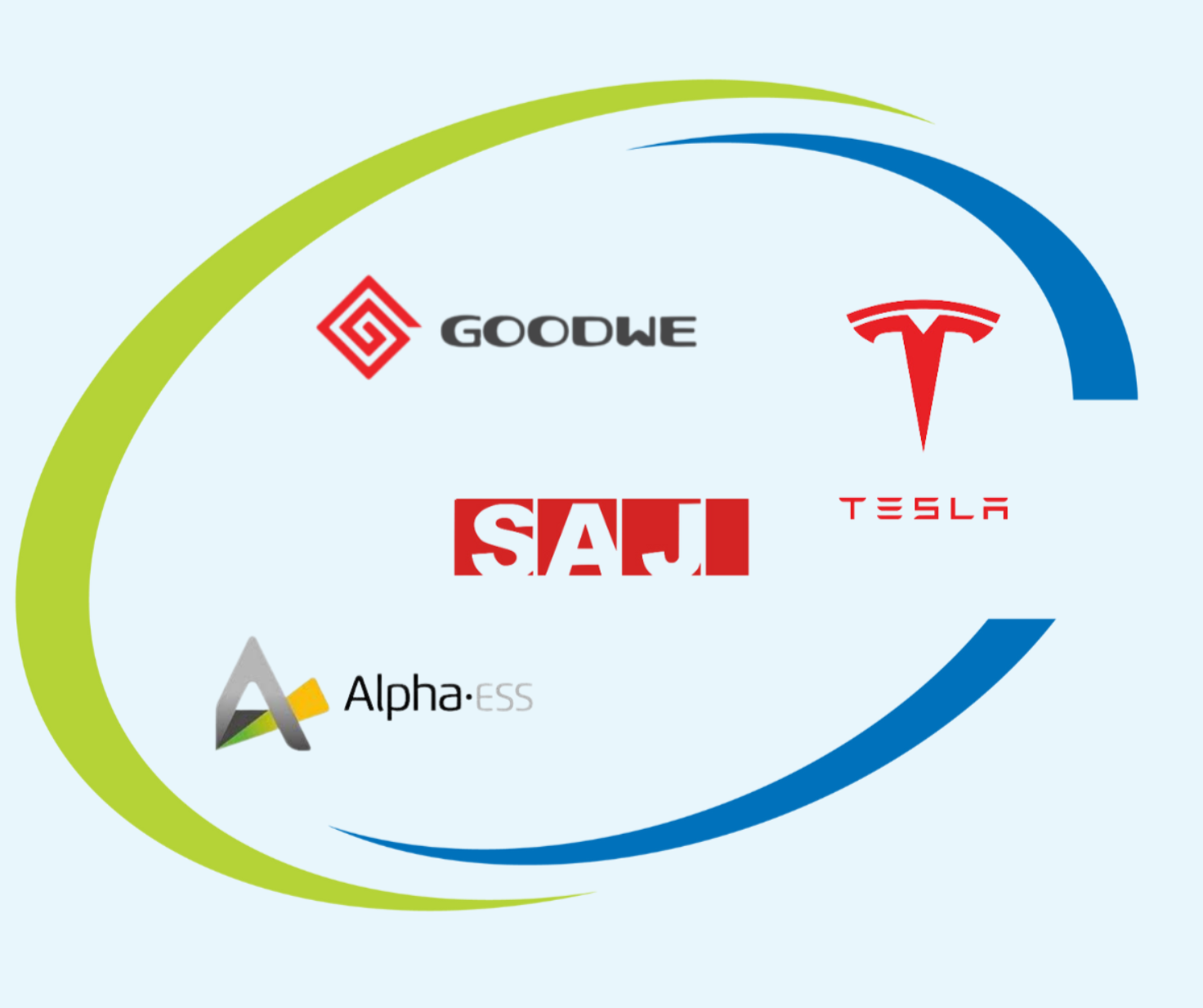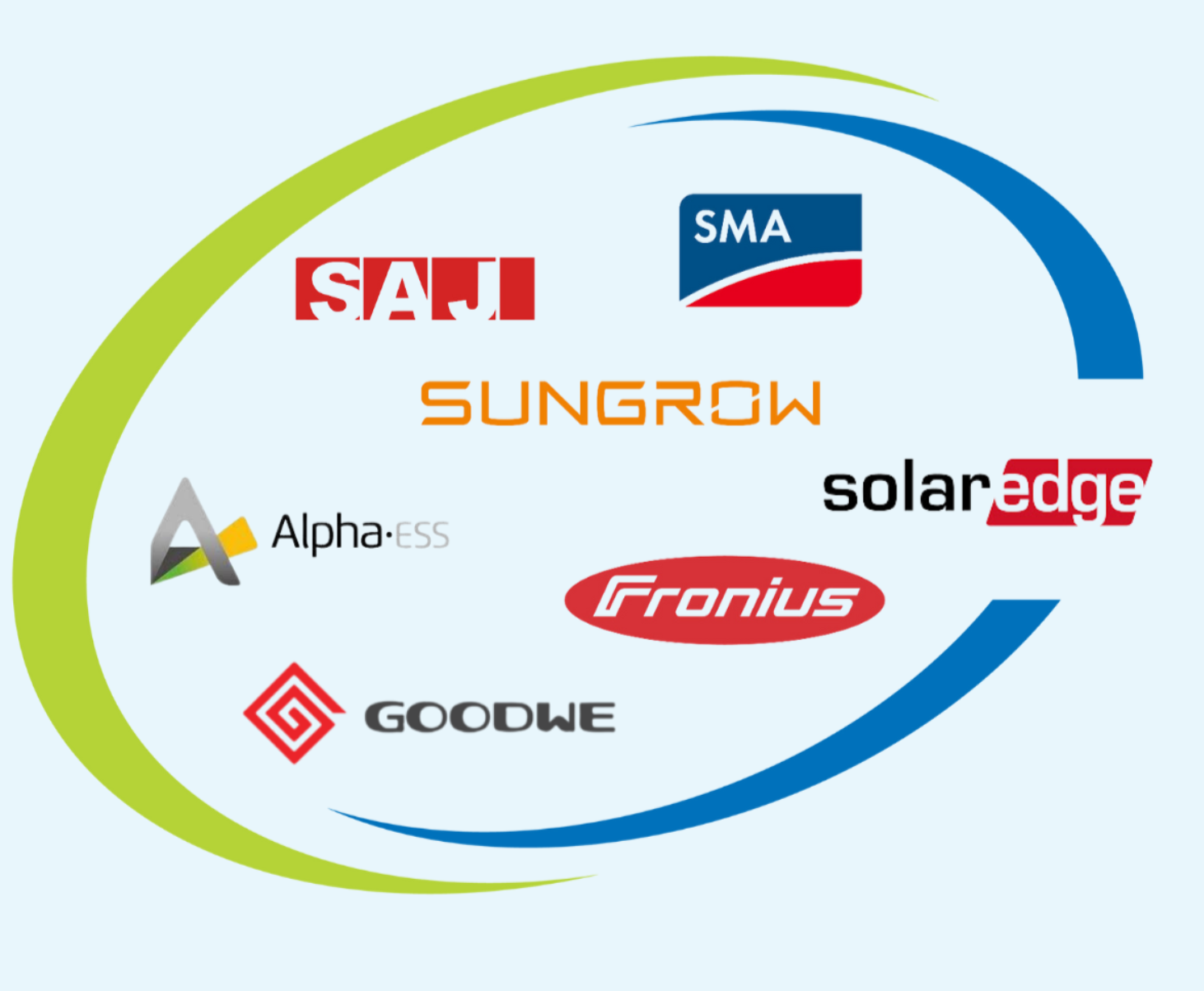As mentioned in the video, solar batteries really are the HOT topic in the marketplace at the moment, everyone wants one!
The problem is there is also a lot of confusion, it’s actually quite scary how so many companies are selling them, and many can not fully explain how they operate. Some of the quotations we have seen over the past few months have been horrific, like selling a hybrid inverter with an AC-coupled battery, with the AC-coupled battery already having a built-in inverter.
There are lots of manufacturers of batteries in the marketplace, all trying to compete for your business, slowly they’re becoming more competitive in price, and as demands grow, economies of scale mean the price should reduce a little further too.
However, if you don’t want to wait any further, there are TWO ways to connect batteries to your solar PV system, either an AC or DC coupled solution. please click on the relevant image below to be taken to a more in-depth page about that option, and the manufacturers we trust within the industry to provide the solution to meet your needs. (AC = if you already have a solar system installed / DC = if you are going to buy a new solar system and want a battery installed from the start)
Let’s go a little deeper…
Solar batteries can be an essential component of any solar energy system, as they allow you to store the energy generated by your solar panels during the day so you can use them at night, during periods of low sunlight, or during a blackout from the grid.
Additionally, solar batteries enhance the overall efficiency and sustainability of your solar power setup. By storing excess energy, these batteries reduce reliance on the grid, leading to significant savings on electricity bills.
Moreover, they play a crucial role in promoting renewable energy usage, as they ensure a consistent power supply even in areas with variable sunlight conditions.
Types of Solar Batteries
There are several different types of solar batteries available on the market today, each with its own unique benefits and advantages. Let’s take a look at some of the most popular solar batteries available, and why they might be good for your home or business.
1. Lead-Acid Batteries
Have been in use for many decades, relatively inexpensive, and easy to maintain. However, they are heavy, bulky and have a limited lifespan compared to other types of batteries.
Learn more about lead-acid batteries
2. Lithium-Ion Batteries
Rapidly becoming the most popular type of solar battery, lightweight, compact and has a longer life span. They are more expensive than lead-acid but their benefits far outweigh the cost. They are more efficient, have a higher energy density, and can charge and discharge at a much faster rate.
Learn more about lithium-ion batteries
3. Flow Batteries
Slowly gaining popularity in the renewable energy sector. They use a liquid electrolyte that flows through the battery to provide power. They are highly scalable, extremely durable and have a long life span.
Learn more about flow batteries
4. Saltwater Batteries
This relatively new type of solar battery uses a saline solution instead of traditional chemicals to store energy. They are non-toxic, non-flammable, good life span, and are more affordable than lithium-ion, making them an attractive option for those on a tight budget.
Learn the details of solar battery types
Choosing the right solar battery for your home or business depends on several factors, including your energy storage needs, budget, and overall energy usage.
Working with a renewable energy expert can help you determine which type of solar battery is right for you and your specific needs. Take the short quiz and we’ll put you in touch with 1, 2 or 3 endorsed energy experts in your local area and see what the benefits of a Battery Energy Storage Solution (BESS) are for yourself.
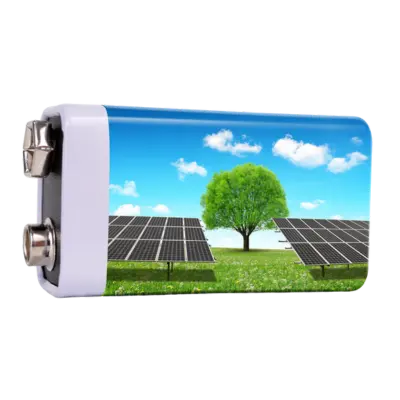
Benefits of a Solar Battery
There are numerous benefits to buying a battery for your renewable energy system.
- Reduce your reliance on the grid.
- Save money on your energy bills.
- Reduce your carbon footprint.
- A reliable source of backup power in the event of an outage.
- Ensuring you always have excess power when you need it.
AC vs DC Coupled Battery
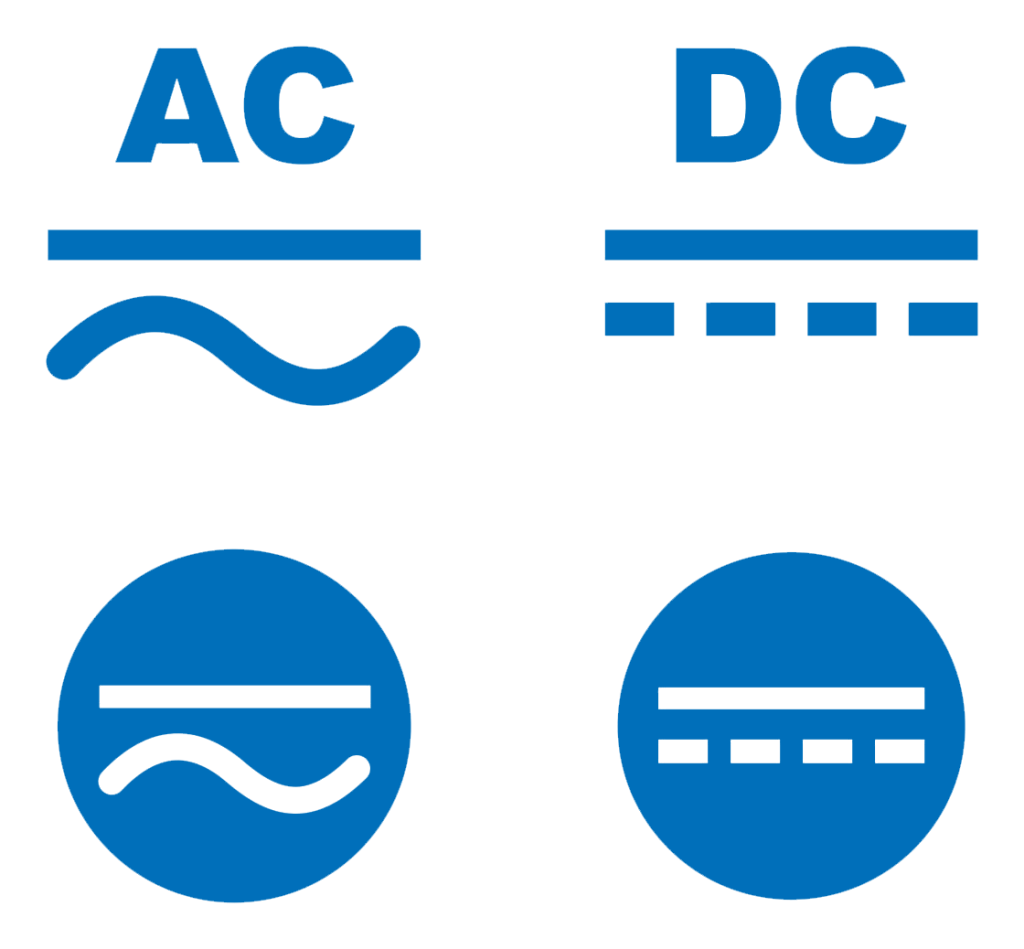
The main difference between AC and DC batteries is the way they’re connected and the type of power they can provide.
If you already have a grid-tied solar system at your home or business and want to add a battery without replacing the existing inverter, an AC-coupled battery is likely your best option.
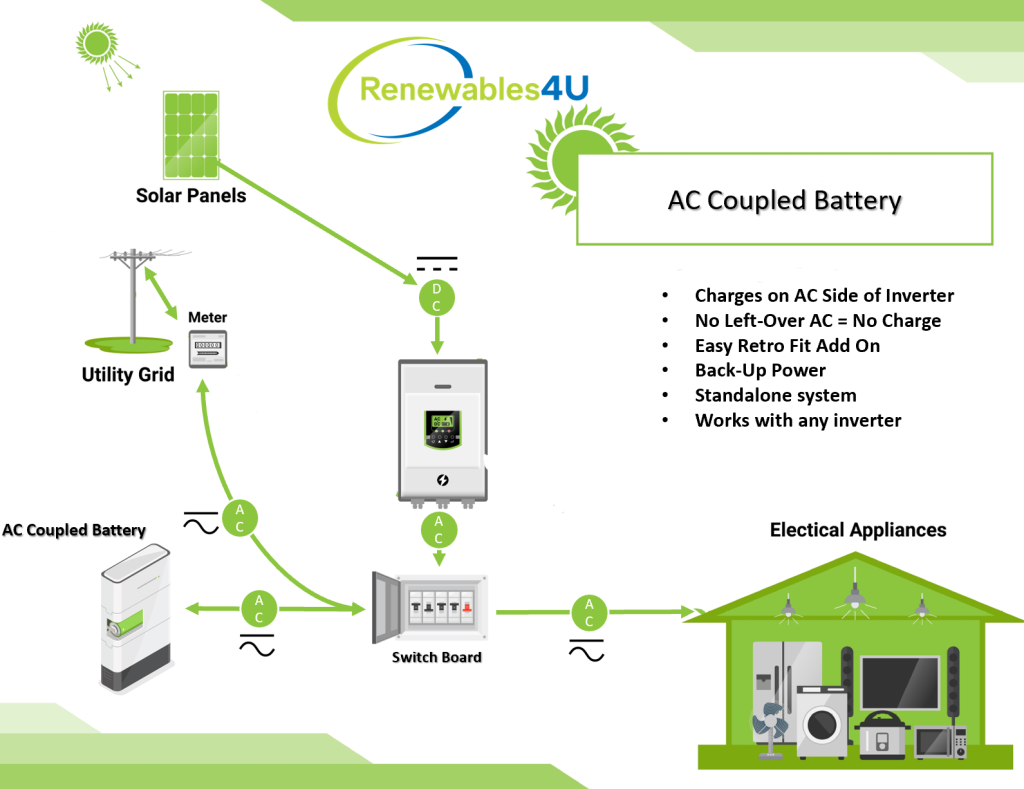
AC-coupled batteries provide an easy, plug-and-play solution that can be retrofitted to work with almost any solar system, regardless of its age. This flexibility makes AC batteries a convenient choice, but they do come with some limitations.
One drawback is that AC-coupled batteries can only charge using excess AC power. If your system is using all the available energy for household loads, there may not be enough surplus solar power to charge the battery. This can reduce overall efficiency. Additionally, while many AC batteries provide backup power, they generally rely on the grid to recharge once fully discharged. This means they lack a black start capability—a feature that allows the battery to recharge using solar energy during a prolonged power outage, even without grid support.
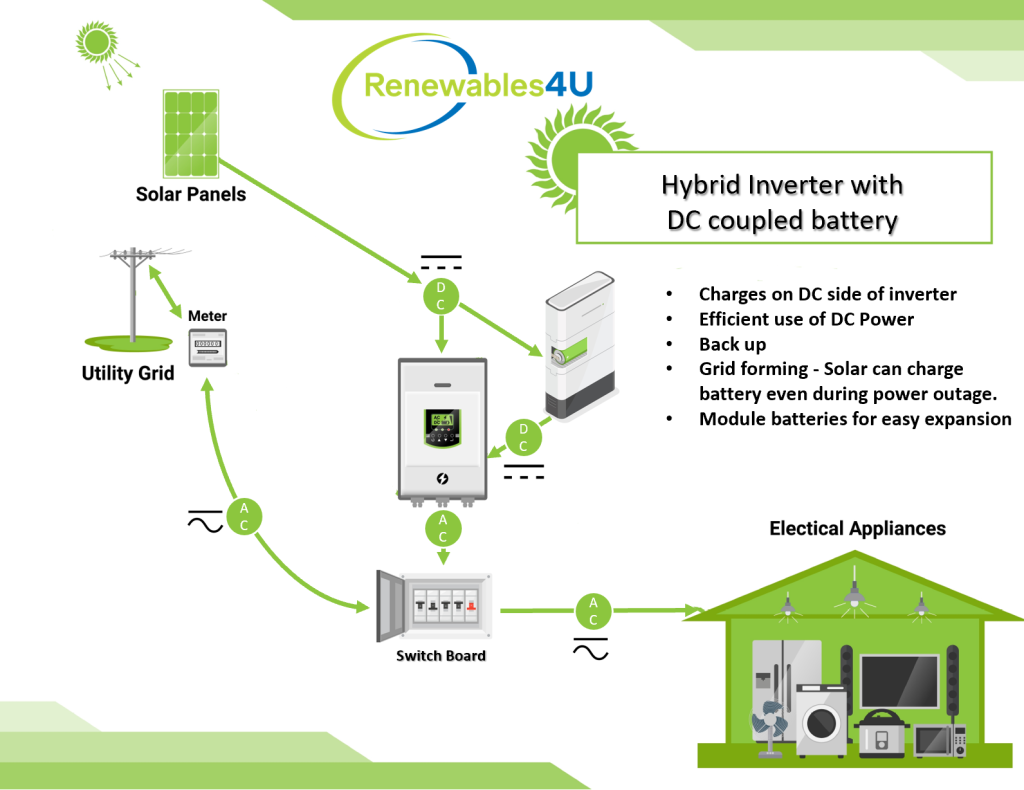
On the other hand, if you have a hybrid inverter, you can connect a DC-coupled battery. These batteries are charged directly from your solar panels, maximising the efficiency of your solar generation by splitting power between charging the battery and powering your home.
Whenever possible and practical, we recommend choosing a DC-coupled solution. These systems make the most efficient use of your solar PV power and often include valuable features like black start functionality, providing greater reliability during grid outages.
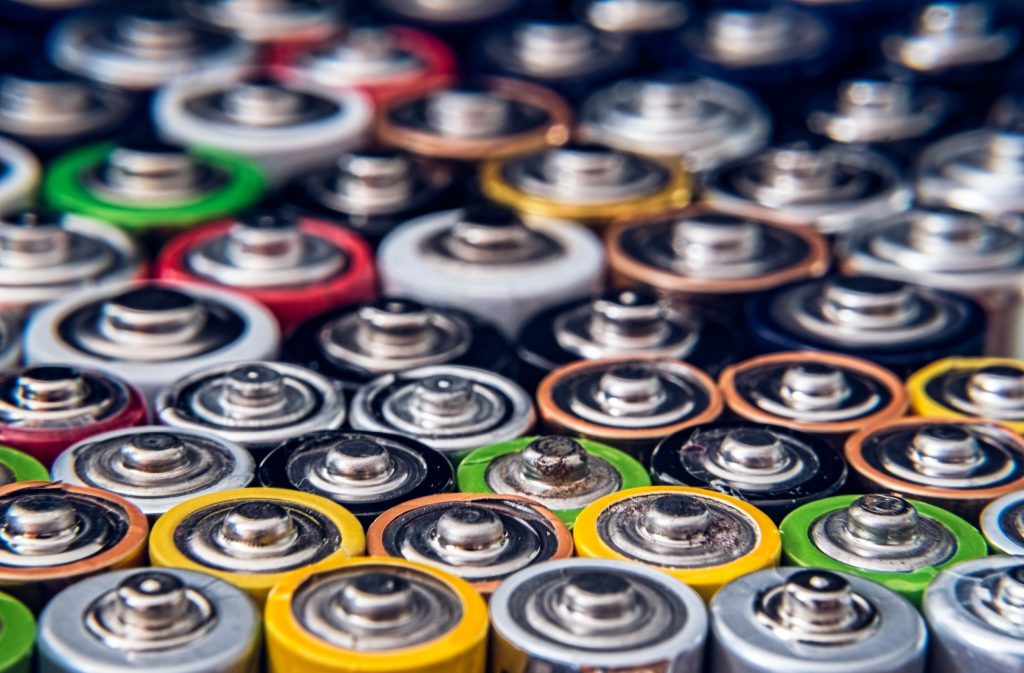
Common Solar Batteries in the Marketplace Today
Every endorsed supplier will have their own preferred battery that they like to install. There are numerous batteries in the marketplace today, with varying price points and sizes.
Some batteries that we have worked with over the years and more recently are…..
- Tesla Powerwall
- Sigenergy
- SolarEdge
- BYD
- SAJ
- AlphaESS
- Goodwe
- Sungrow
- Sofar
- Solplanet
See our top 10 picks of the best solar batteries in Australia

